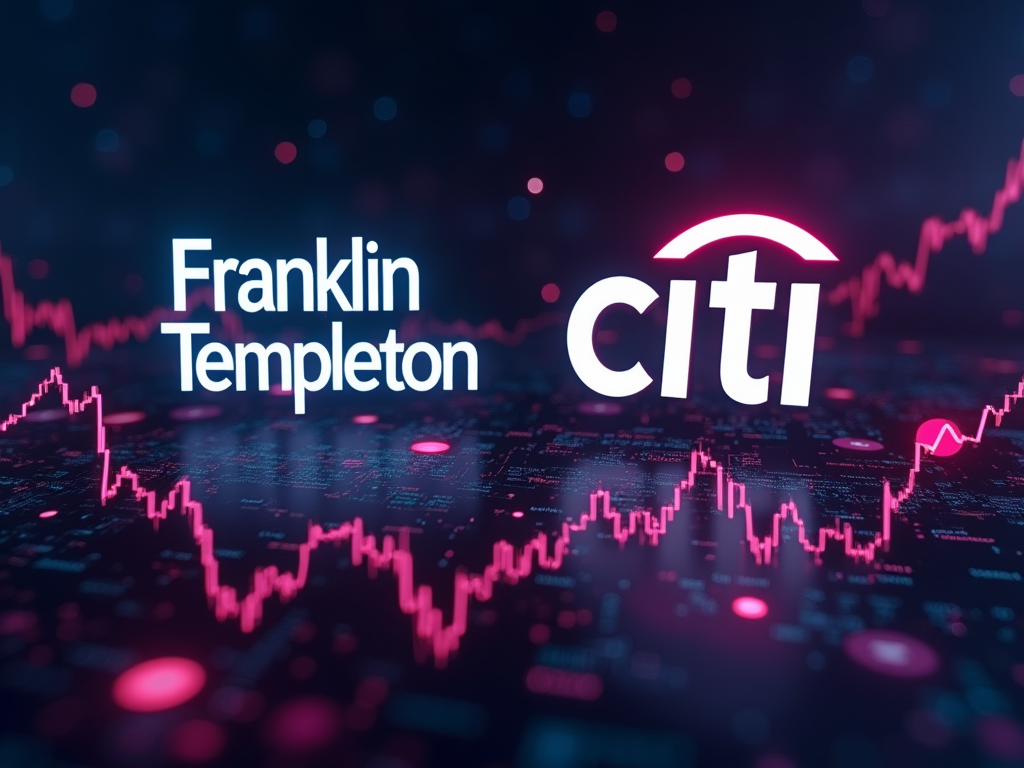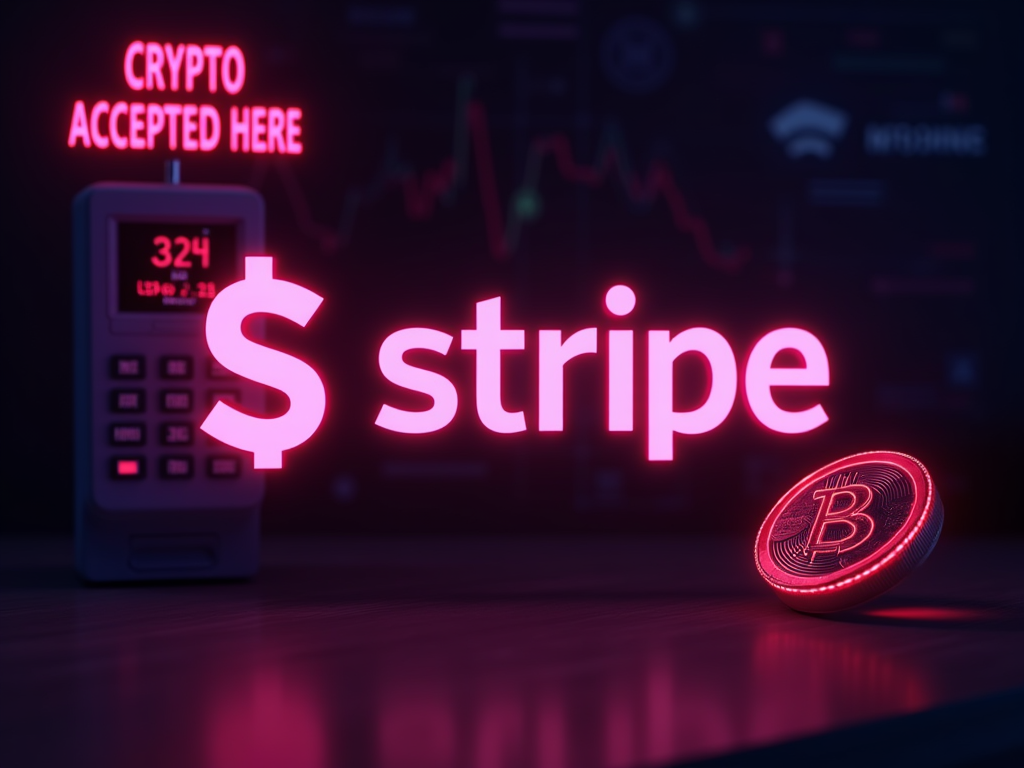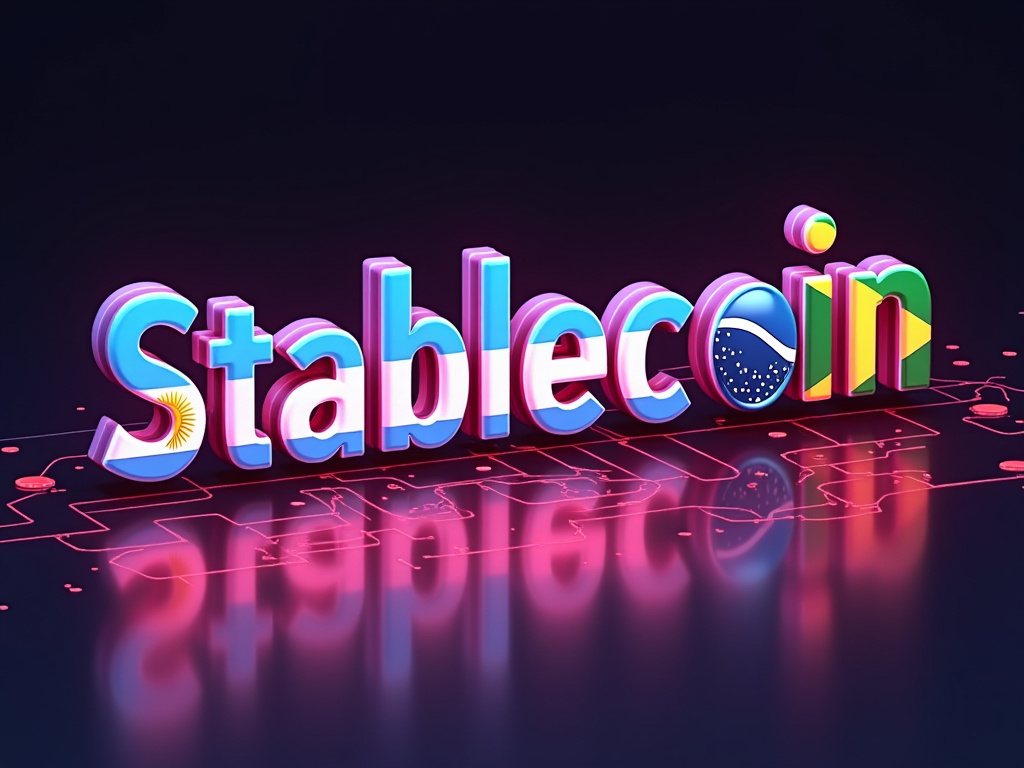Key Points
- Franklin Templeton plans to launch a mutual fund natively on Solana blockchain, while Citigroup explores its potential for smart contracts and cross-border payments, signaling growing interest from traditional finance in decentralized solutions.
- Solana’s low transaction costs and high-volume capacity make it an attractive platform for these major institutions to develop innovative financial products and services.
Traditional Finance Giants Turn to Blockchain
In a significant move that underscores the growing convergence of traditional finance and blockchain technology, global financial powerhouses Franklin Templeton and Citigroup have announced plans to leverage the Solana blockchain for their upcoming financial services. These announcements, made during the Solana Breakpoint 2024 event in Singapore on September 20, highlight the increasing interest from established financial institutions in decentralized finance (DeFi) solutions.
Franklin Templeton, a $1.4 trillion asset manager, revealed its intention to launch a mutual fund natively on the Solana blockchain. Concurrently, Wall Street giant Citigroup expressed its exploration of Solana’s capabilities for implementing smart contracts and facilitating cross-border money transfers.
Both firms cited Solana’s cost-efficiency and ability to support high transaction volumes as key factors in their decision, positioning it as an ideal blockchain for their services.
Franklin Templeton’s Blockchain Strategy
Franklin Templeton’s move to launch a mutual fund on Solana marks a significant step in the asset manager’s ongoing integration of blockchain technology into its operations. Mike Reed, the firm’s partnership development lead, emphasized the importance of blockchain in driving operational efficiency and reducing costs in financial services.
Reed stated, “We see blockchain as essential for driving operational efficiency and reducing costs in our financial services. Solana offers the transactional capacity we need to handle the volume of ledger entries for a mutual fund, making it the right choice for this initiative.”
This initiative builds upon Franklin Templeton’s existing presence in the crypto space, which includes managing spot exchange-traded funds (ETFs) for Bitcoin and Ethereum listed on the Chicago Board Options Exchange (CBOE). A recent report by the firm praised Solana’s resilience and potential for supporting a new wave of crypto innovation, despite acknowledging the risks associated with blockchain investments.
Citigroup’s Exploration of Blockchain Potential
Citigroup’s interest in Solana focuses on exploring the blockchain’s potential for enabling seamless cross-border money transfers and deploying smart contracts. Representatives from the bank at the Solana Breakpoint event emphasized their view of blockchain as the future of finance.
This exploration aligns with Citigroup’s previous blockchain initiatives, including the utilization of the Avalanche blockchain earlier this year to tokenize private equity funds. The bank’s interest in Solana stems from the blockchain’s scalability and speed, making it a compelling option for continued exploration of blockchain applications in financial services.
Implications for the Future of Finance
The announcements from Franklin Templeton and Citigroup signal a broader trend of increasing blockchain adoption among major financial institutions. Solana’s ability to handle large transaction volumes at a low cost has positioned it as an attractive platform for companies looking to streamline operations and improve efficiency in the financial sector.
As traditional finance continues to embrace blockchain technology, the line between conventional financial services and decentralized finance may continue to blur, potentially leading to more innovative and efficient financial products and services for consumers and institutions alike.













